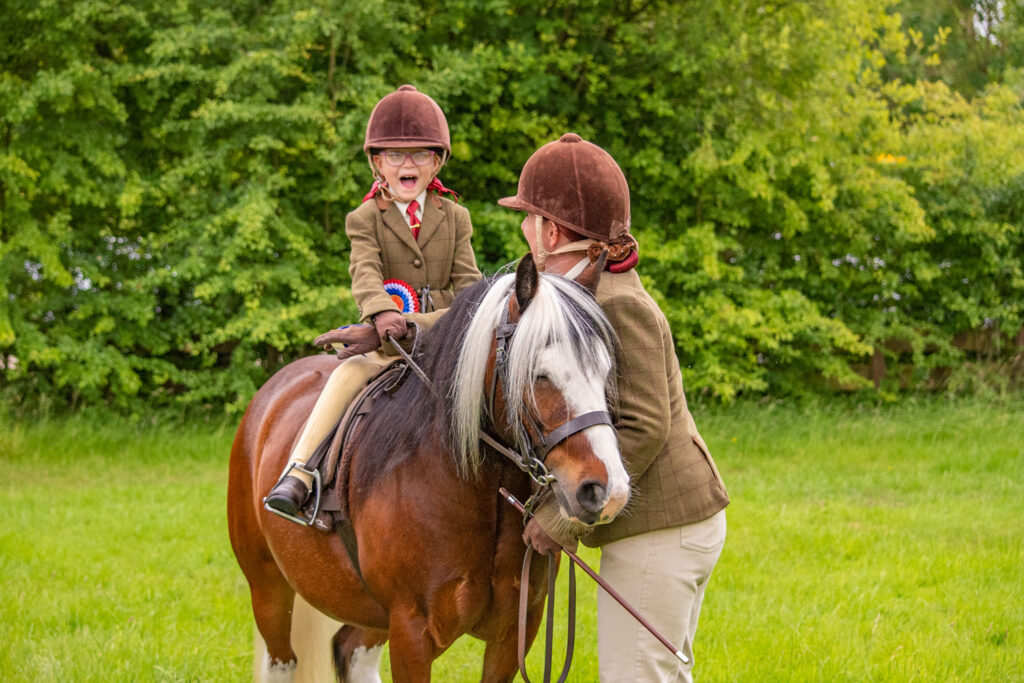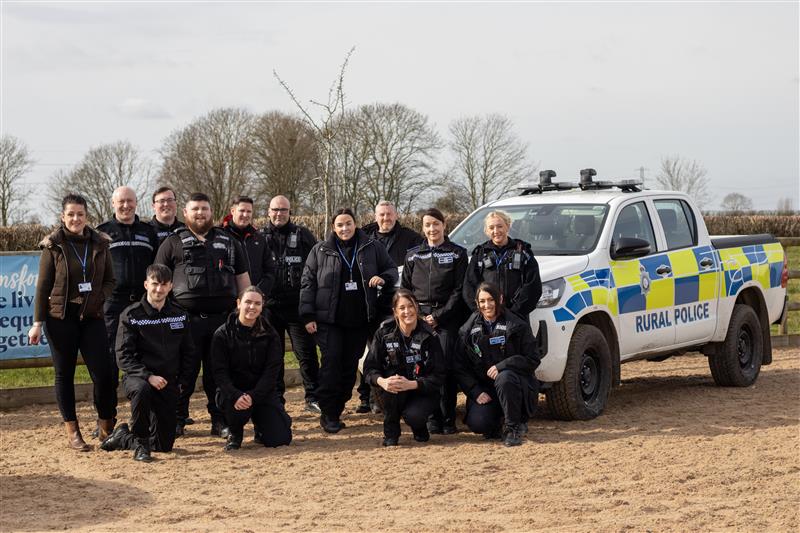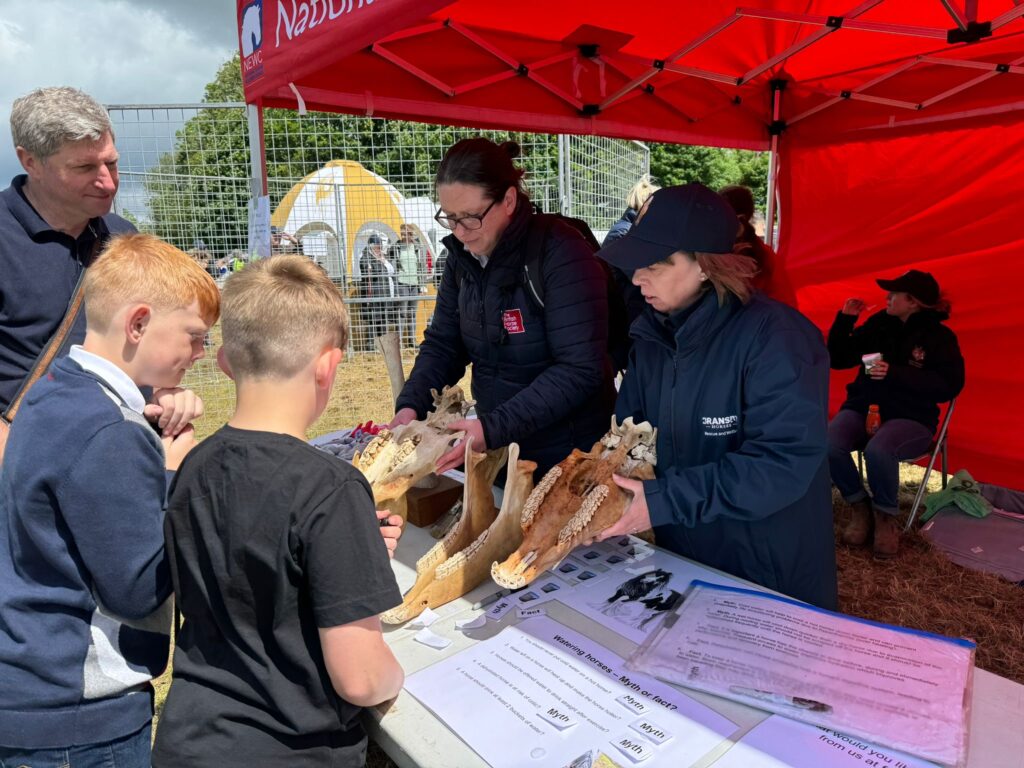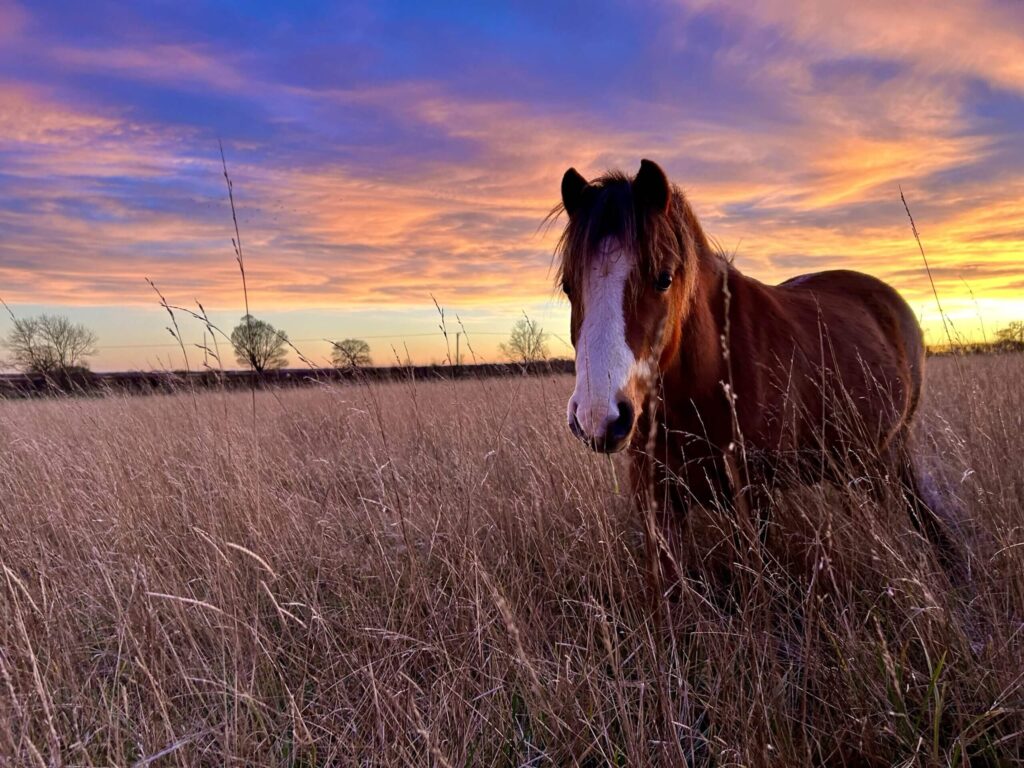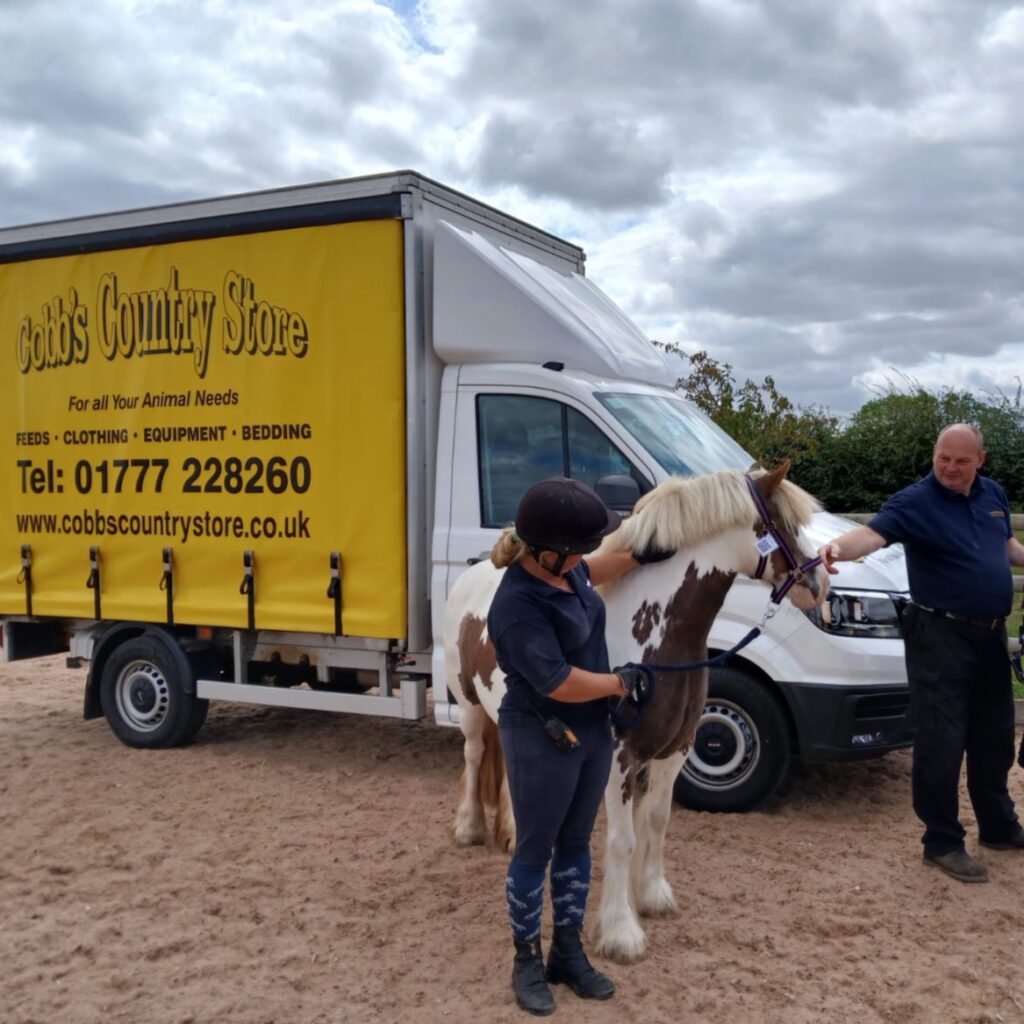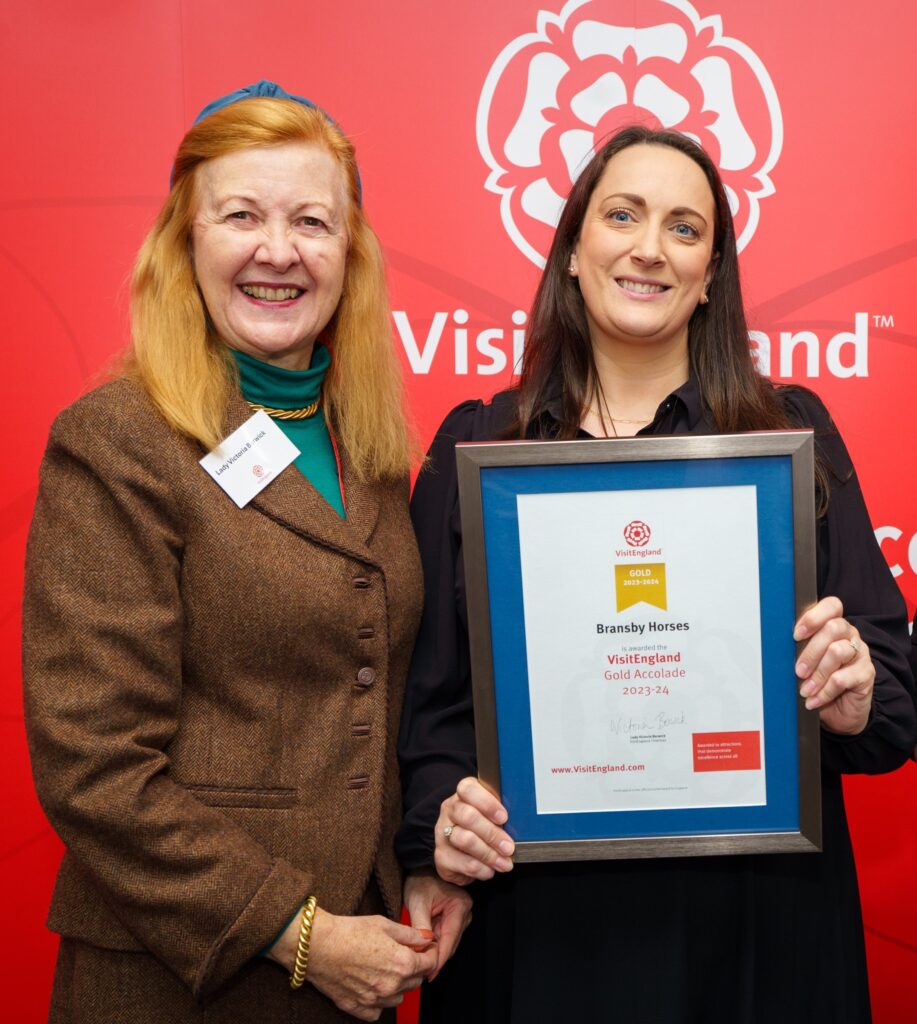When out on a walk, it may seem a lovely thing to do to feed a horse or pony you’ve spied. Though this may appear a harmless, kind thing to do, sadly it more often than not can cause (sometimes irreparable) harm to the animal you are showing love to.
You might think that one treat won’t hurt, but even if it’s something you consider healthy like fruit or grass, please don’t do it. Here are some reasons why …
Without you knowing it, the horse could have special dietary considerations. They may be prone to weight gain and the painful condition of laminitis that can be caused by this. They could be intolerant to sugar such as that found in carrots. Remember horses can’t be sick so if they’re intolerant to the food given, life-threatening colic can be caused.
You may not realise that the innocent grass cuttings and potato peelings are actually poisonous, and can kill.
If the horses are in a herd, feeding them can cause fights and arguments or the horse may have a behavioural problem that the owner wants to discourage such as nipping or biting, and therefore they shouldn’t be fed treats by hand.
If the equine looks underweight, contact a welfare charity such as ours. By feeding the horse, you could unintentionally make its life worse. Suddenly feeding a horse that is malnourished can bring on a deadly condition called Refeeding Syndrome. This syndrome is something our charity is very aware of when rescuing equines. We are careful not to feed too many calories too quickly as this can lead to problems such as heart, respiratory, and kidney failure, and ultimately, death.
The malnourished horse may also have a disease such as Strangles which is a highly contagious respiratory disease, spread by contact.
And finally, this horse may be being actively monitored or investigated by the Authorities or RSPCA and by feeding the horse, you could be hampering the case and the organisation’s legal ability to remove the equine. If you see this, please contact our Welfare Line and we will advise on what the best course of action is. Our Welfare Hotline: 01427 787 369
We know that everyone reading this today wants the best for equines, so please feel free to share this and hopefully prevent a horse being killed with kindness.


